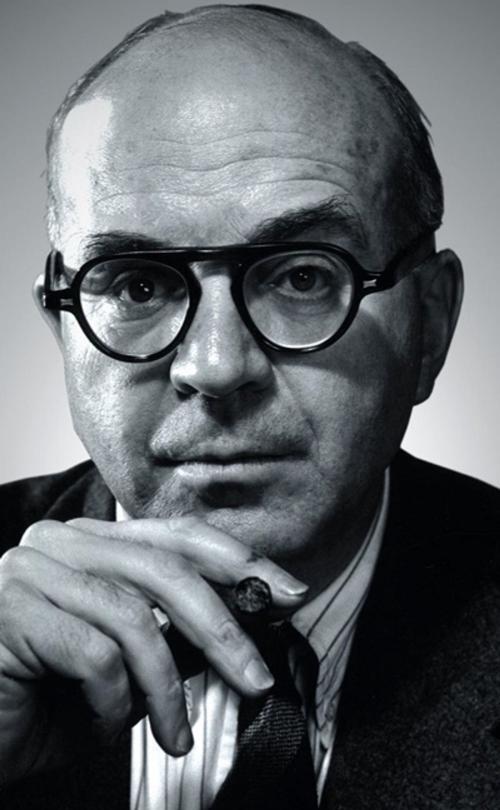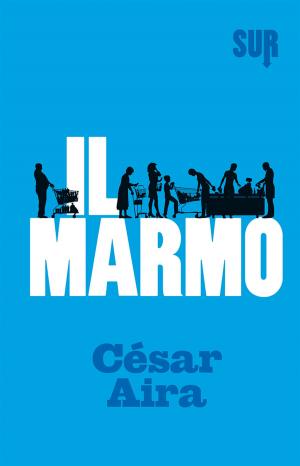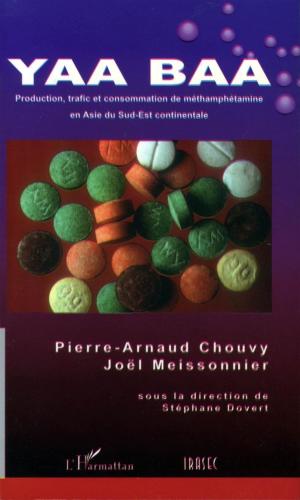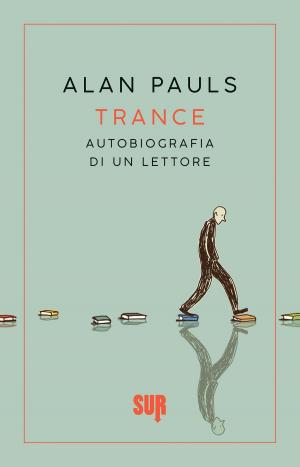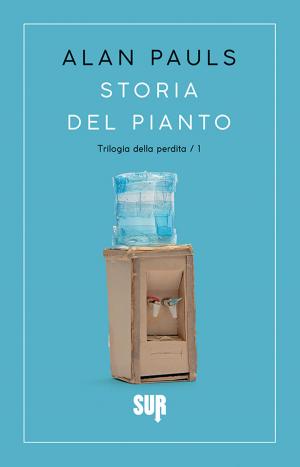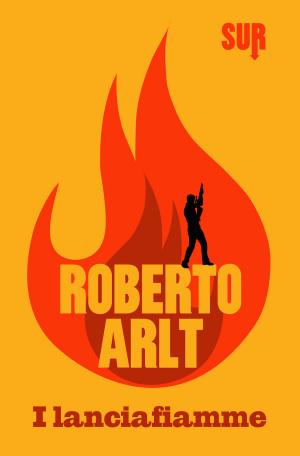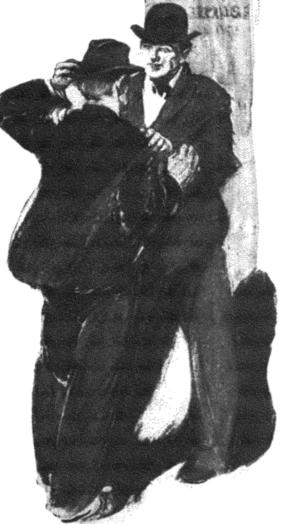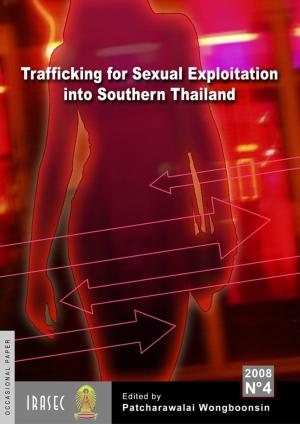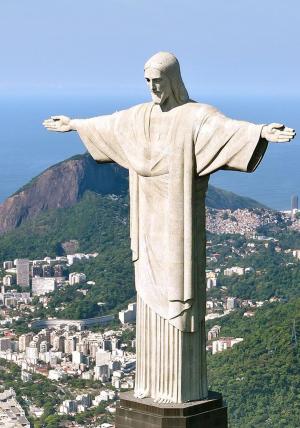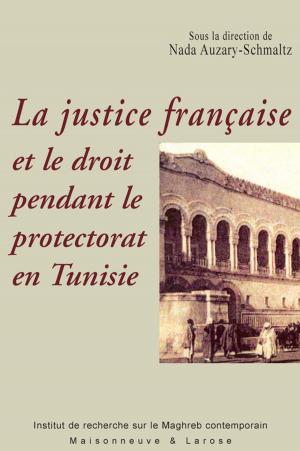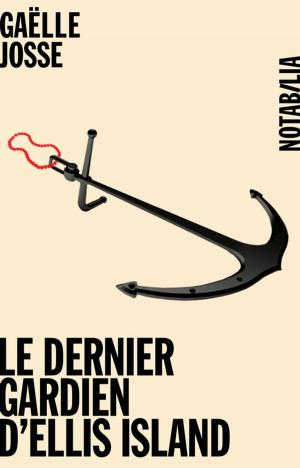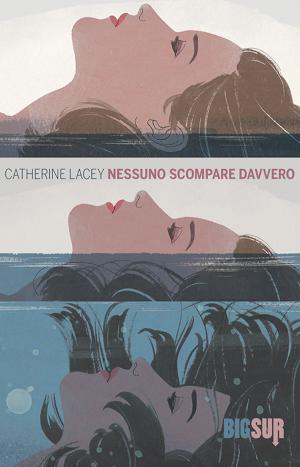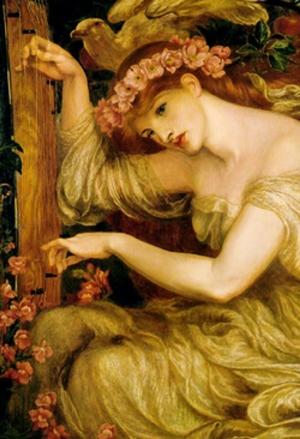| Author: | John Dos Passos | ISBN: | 1230000246970 |
| Publisher: | Sur | Publication: | June 17, 2014 |
| Imprint: | Sur | Language: | English |
| Author: | John Dos Passos |
| ISBN: | 1230000246970 |
| Publisher: | Sur |
| Publication: | June 17, 2014 |
| Imprint: | Sur |
| Language: | English |
John Roderigo Dos Passos (January 14, 1896 – September 28, 1970) was a radical American novelist and artist active in the first half of the twentieth century. He was born in Chicago, Illinois and he went on to Harvard College, graduating in 1916. He was well-traveled, visiting Europe and the Middle East, where he learned about literature, art, and architecture. During World War I he was a member of the American Volunteer Motor Ambulance Corps in Paris and Italy, later joining the U.S. Army Medical Corps.
In 1920 he had his first novel published, One Man's Initiation: 1917, and in 1925 his Manhattan Transfer became a commercial success. In 1928, he went to The Soviet Union to study Socialism, and later became a leading participator in the April 1935 First American Writers Congress sponsored by the Communist-leaning League of American Writers. He was in Spain in 1937 during the Spanish Civil War, when the murder of good friend José Robles soured his attitude toward communism and severed his relationship with fellow writer Ernest Hemingway.
He is best known for his critically praised U.S.A. trilogy which consisted of the novels The 42nd Parallel (1930), 1919 (1932), and The Big Money (1936). In 1998, the Modern Library ranked the U.S.A. Trilogy 23rd on its list of the 100 best English-language novels of the 20th century.
In this ebook:
Three Soldiers
One Man's Initiation--1917
Rosinante to the Road Again
A Pushcart at the Curb
The Anglo-Saxon Century and the Unification of the English-Speaking People
John Roderigo Dos Passos (January 14, 1896 – September 28, 1970) was a radical American novelist and artist active in the first half of the twentieth century. He was born in Chicago, Illinois and he went on to Harvard College, graduating in 1916. He was well-traveled, visiting Europe and the Middle East, where he learned about literature, art, and architecture. During World War I he was a member of the American Volunteer Motor Ambulance Corps in Paris and Italy, later joining the U.S. Army Medical Corps.
In 1920 he had his first novel published, One Man's Initiation: 1917, and in 1925 his Manhattan Transfer became a commercial success. In 1928, he went to The Soviet Union to study Socialism, and later became a leading participator in the April 1935 First American Writers Congress sponsored by the Communist-leaning League of American Writers. He was in Spain in 1937 during the Spanish Civil War, when the murder of good friend José Robles soured his attitude toward communism and severed his relationship with fellow writer Ernest Hemingway.
He is best known for his critically praised U.S.A. trilogy which consisted of the novels The 42nd Parallel (1930), 1919 (1932), and The Big Money (1936). In 1998, the Modern Library ranked the U.S.A. Trilogy 23rd on its list of the 100 best English-language novels of the 20th century.
In this ebook:
Three Soldiers
One Man's Initiation--1917
Rosinante to the Road Again
A Pushcart at the Curb
The Anglo-Saxon Century and the Unification of the English-Speaking People
